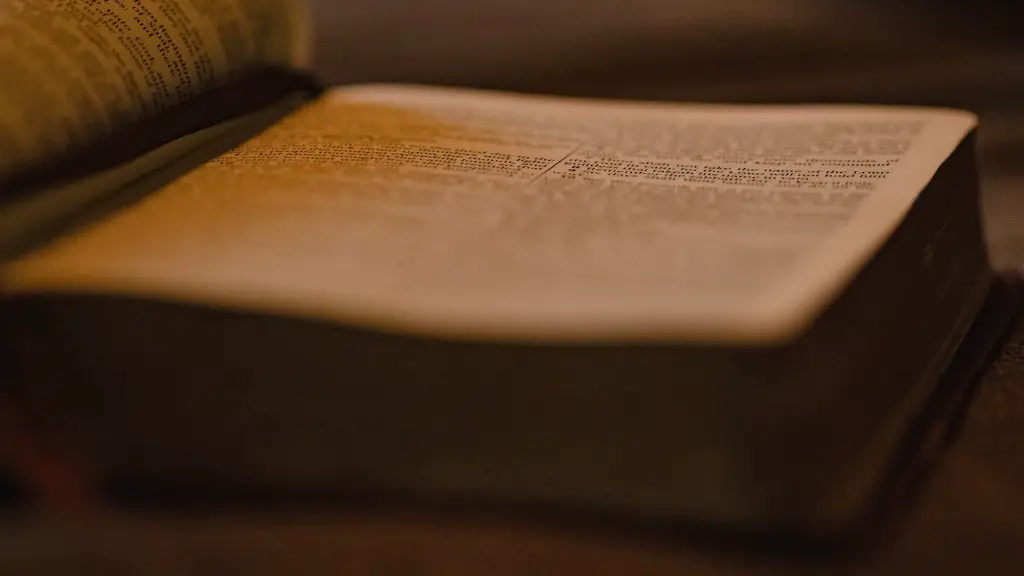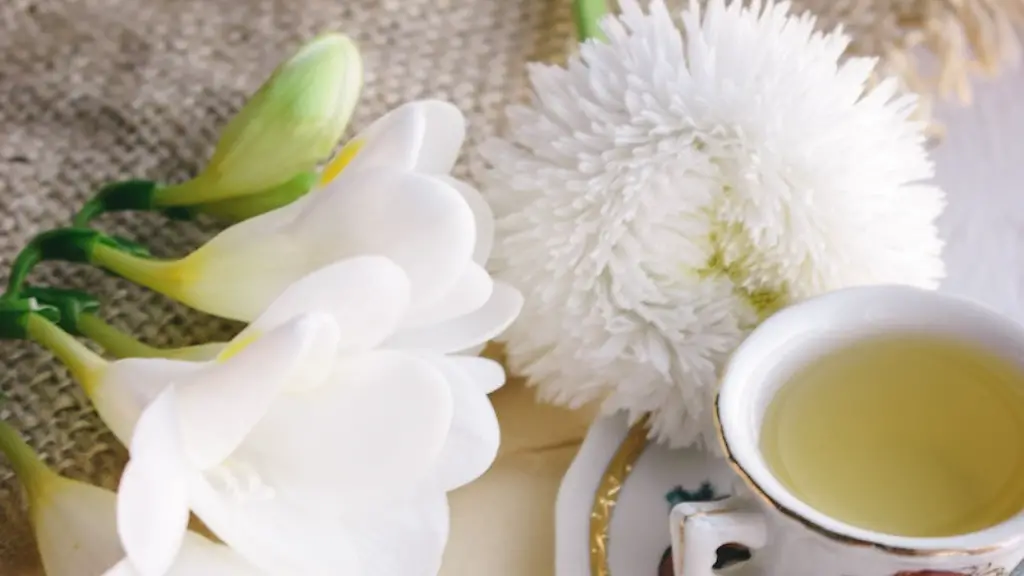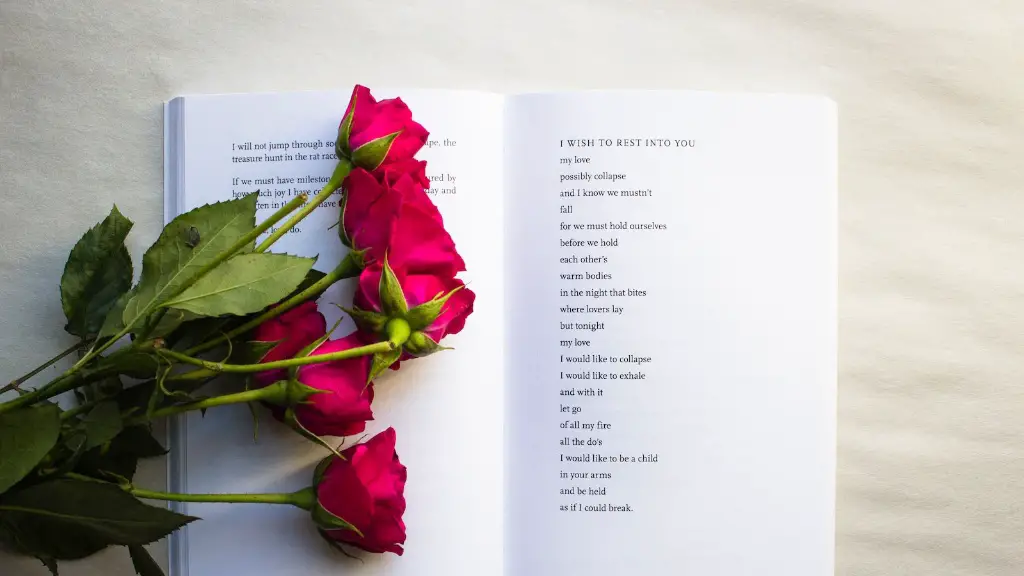Robert Frost’s poetry is renowned for its exploration of nature, life, and the human condition. His acute observations often reveal profound insights that invite readers to ponder life’s different facets. His poems often feature vivid imagery to convey complex emotions and struggles in unique, playful ways. In addition, Frost’s subjective, conversational style encourages readers to experience his works in ways that are different from traditional poetic forms.
Although Frost’s poems often feature naturalistic settings and imagery, his works rarely present straightforward celebrations of nature. Rather, he often deconstructs it and transforms it into a metaphysical and moral compass. Nature, in Frost’s works, is often a metaphor for human struggles and emotions, as can be seen in his poem, “Birches,” which is about the struggle of having to reconcile with reality and the allure of fleeing from it.
At times, Frost’s works present philosophical views on life’s choices and their consequences. He often takes an ironic stance to reflect on the futility of our efforts, as in his poem “The Road Not Taken.” Frost embraces the paradoxes of life that accompany each choice and decides to focus more on the journey rather than the destination.
Robert Frost often speaks of spiritual moments, too, connecting his works to the larger themes of religion and faith. In his poem “God’s Garden,” he draws on the power of faith to overcome difficult moments, affirming the merits of perseverance and hope. Frost invites readers to take part in his spiritual journey, presenting complex theological musings that transcend mere words.
Ultimately, Robert Frost’s poems are compelling examinations of one’s relationships with nature, life, religion, and death. His works simultaneously embrace and challenge conventional poetic forms by blending them with everyday conversation and details. He invites readers to explore life’s anxieties and possibilities through his unique, unapologetically contemplative poetic style.
Nature
Frost’s relationship with nature took on many forms, oscillating between moments of celebration, contemplation, and contemplation. His use of vivid imagery and metaphor often saw nature as a metaphor for life’s struggles and possibilities, as exemplified by his poem “Birches.” In this poem, Frost uses birches as symbols of release from reality and a return to childhood. Similarly, nature was often used by Frost to speak of metaphysical encounters and spiritual longings, conveying the idea that nature is no mere physical construct, but a source of spiritual enlightenment, as seen in his poem “God’s Garden.”
One of Frost’s most distinctive uses of nature is his use of “situation” metaphor. In his poems, he often extends nature’s reaches beyond the physical world and into more complex interfacings of people and environment. In “The Road Not Taken,” for example, he uses the image of two roads diverging in a wood to symbolize the struggle with making difficult decisions. The presence of “situation” metaphors in Frost’s work suggest an exploration of how power, action, and change is rooted in our relationship with nature.
Life & Human Condition
Alongside his reflections of nature, Frost’s works feature persistent musings on life and the human condition. As in his use of nature, Frost’s explorations of life and the human condition often take the form of metaphor. He uses the image of a single organism to capture the multitude of experiences that life can bring, both pleasant and painful. In his poem “Fire and Ice,” Frost uses the metaphor of fire and ice to express two extreme ways of being, and how humans must juggle these two attitudes in order to find balance and peace.
Frost’s poems often have a melancholy or ironic undertone, inviting readers to contemplate the difficult contradictions of life. In his poem “Out, Out” he tells the story of a young boy’s death in a tragic manner to comment on the fragility of life and the beastly beauty of it. His musings on the beauty of death convince readers to take a step back and ponder life’s mysteries.
Style
Frost’s poetic style is as distinctive as his themes and images. He straddled conventions of traditional poetry while infusing it with his own conversational style blended with vivid imagery. His use of sound effects, such as rhythm and rhyme, alongside his poetic technique of using conversational language lend an almost lyrical quality to his works.
The meaningfulness of his poems comes not just from his themes, but how he presents them. Frost’s use of language often proposes complex questions without offering easy solutions and simple answers. His poems open many possible interpretations, as readers are invited and encouraged to reflect on his words.
Faith & Religion
Frost’s works often explored themes of faith and religion. “God’s Garden,” for example, presented Frost’s view on man’s relationship with the divine, exploring the idea that faith can help one perserveres through hardship. His use of God’s garden as a metaphor for of eternal life highlights his understanding of spirituality and deity as intangible concepts.
Despite his exploration of faith and religion, Frosts never adopted an authoritarian approach on his views about God and divinity. Instead, his religious musings often contained a sense of wonderment, relating more to seeking answers rather than providing them. Frost invites readers to confront and accept their own faith and religious beliefs without judgement.
Death
Robert Frost had a unique view of death and mortality. His poems often featured stark images of death juxtaposed with lyrical images of life, as if he was suggesting that death conveniently follows life. In his poem “Out, Out” he uses the tragic story of a young boy’s death to contemplate the beauty of life and the beauty of death.
Frost’s poems about death often explored the idea of meaning and purpose, asking difficult questions about why we die and what the consequences of death can be. He often focused on the beauty of the aftermath, presenting death not as an ending, but something that can lead to meaningful contemplation and understanding.



